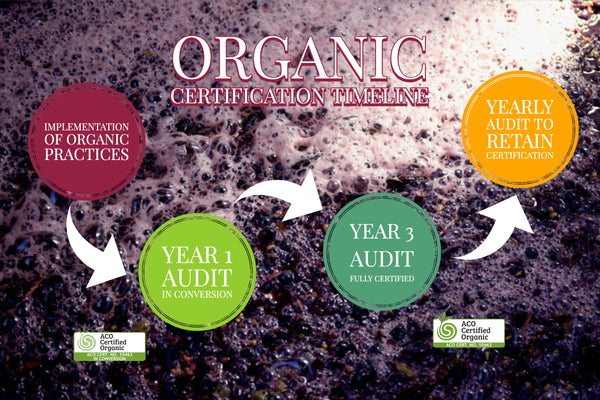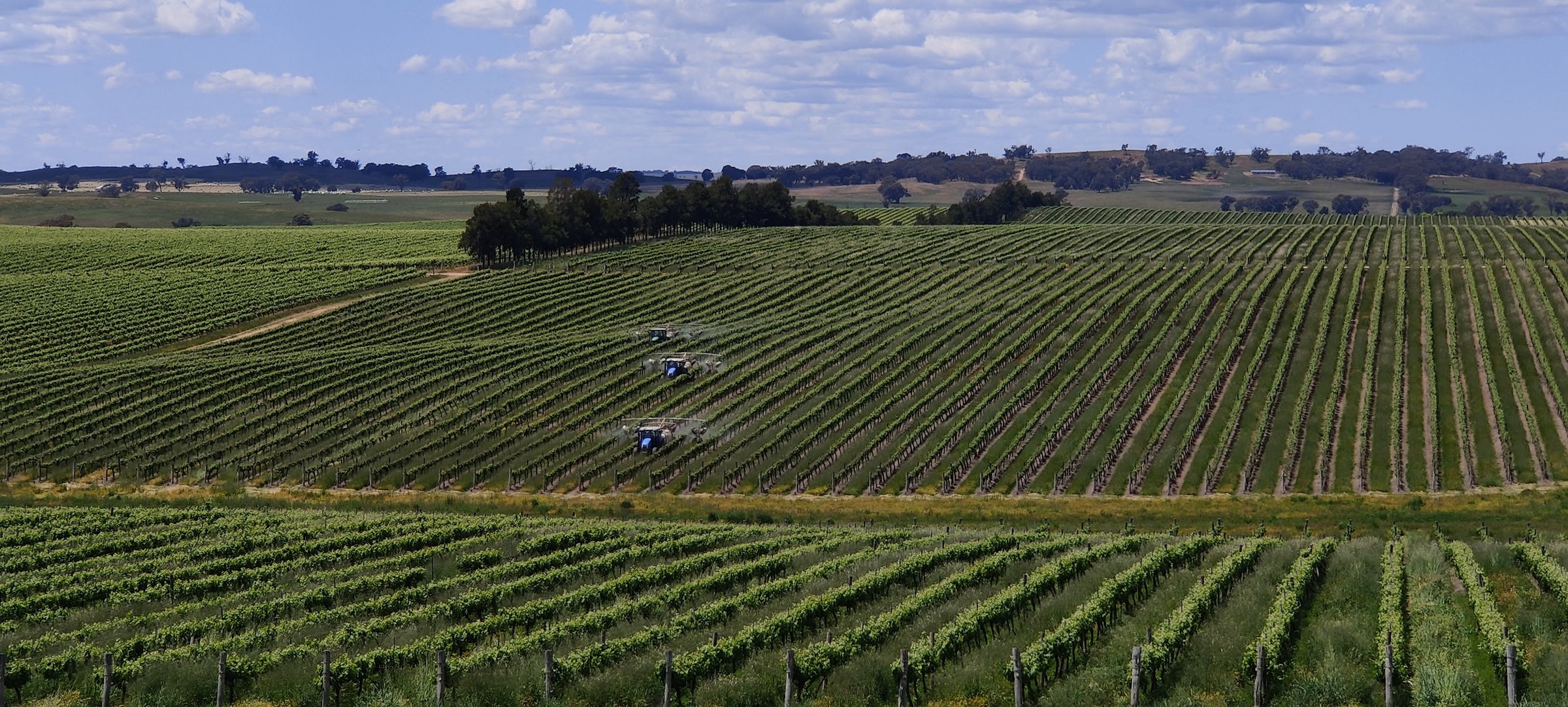What is organic wine?

Log In to earn member status elevation
Want to sample the best of the best? Join our Reserve Membership today!

Are you 18 years old or older?
Sorry, the content of this store can't be seen by a younger audience. Come back when you're older.

Our Story
Tamburlaine was established in 1966. In 1985, the Hunter winery was purchased by a small group of friends and relatives led by Managing Director, Head of Grape and Wine Production, Mark Davidson. Mark has built his long-term winemaking philosophy around Contemporary Organic practices in the vineyard and the winery. Through years of research and development, we have become one of Australia’s largest producers of organic wines with vineyards in the Hunter Valley and Orange region.
Named after Christopher Marlowe's famous play and character ‘Tamburlaine the Great’, we work to lead the way with our Contemporary Organics vision, successfully producing award-winning organic, vegan-friendly, low sulphur and no added sulphur wines.




